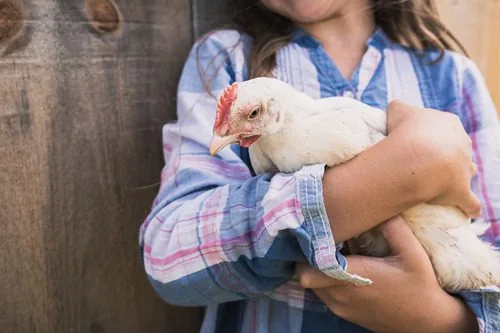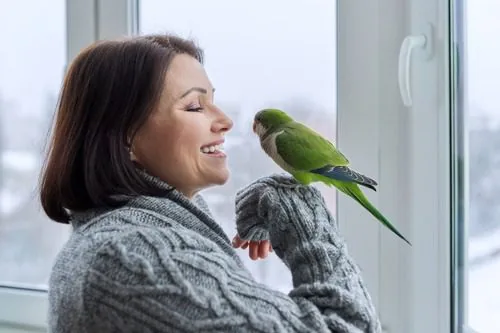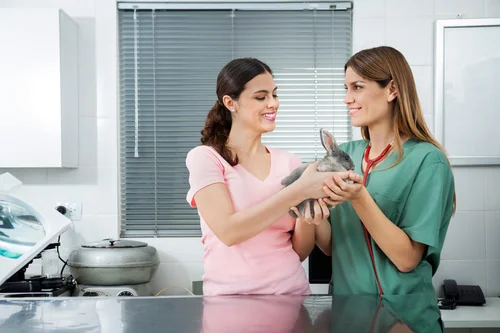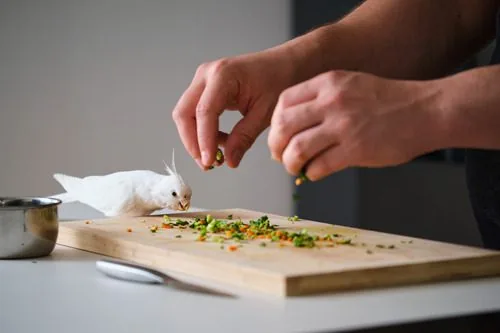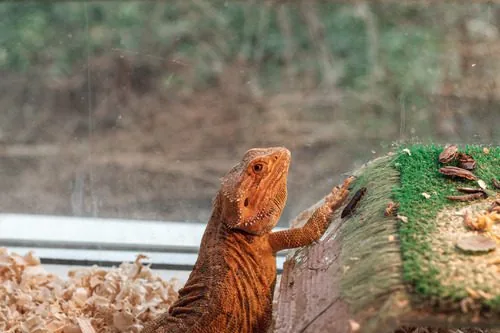If you’ve noticed your bearded dragon turning down their meals, it’s understandable to feel concerned. Bearded dragons are known for their hearty appetites, so when they start skipping meals, it could be a sign that something’s amiss. This guide is here to help you understand the potential reasons behind this change in behavior and emphasize the importance of consulting with a vet experienced in the care of exotic animals. For personalized advice and support, the team at Avian and Exotic Animal Hospital of Louisiana is just a call away at (504) 455-6386.
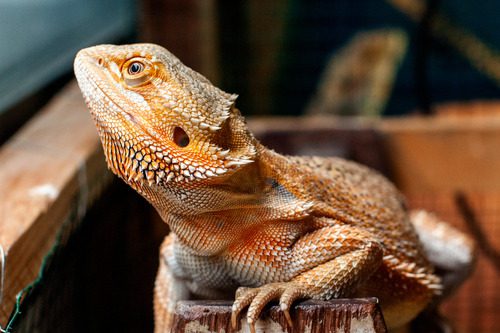
Common Causes for Loss of Appetite in Bearded Dragons
Understanding why your bearded dragon may not be eating is the first step toward ensuring they get back on track. Several factors, ranging from environmental changes to health issues, can influence their eating habits.
Environmental Stress
Bearded dragons are sensitive to their surroundings. Changes in their habitat, such as adjustments in temperature, lighting, or the introduction of new decorations, can cause stress, leading to a loss of appetite. Ensuring their environment closely mimics their natural habitat is key to keeping them comfortable and eager to eat.
Brumation
Health Concerns
Health issues, including parasitic infections, impaction, and dental problems, can also make eating uncomfortable or even painful for your bearded dragon. Regular health checks are essential to catch and address these issues early.
Age Related Diet Changes
Bearded dragons need to eat daily for the first 10-12 months of life to support their growing body. After 10 months of age, many bearded dragons convert from eating a meal every day to eating every 48-72 hours. As long as your adult bearded dragon remains active and eats every 2-3 days he/she should be ok. Yearly health examinations are highly advised.
The Impact of Diet on Eating Habits
A balanced diet is crucial for a bearded dragon’s health and well-being. Adult bearded dragons are primarily herbivores, meaning they should be consuming the majority of their diet in green leafy vegetables. An improper diet can lead to nutritional deficiencies or obesity, both of which can affect your pet’s appetite. Incorporating a variety of foods into your bearded dragon’s diet, including vegetables, a small amount of fruits, and appropriate insects, ensures they receive all the necessary nutrients. A monotonous diet can lead to boredom and a subsequent loss of appetite.
How to Monitor and Support Your Bearded Dragon’s Health
Keeping a close eye on your bearded dragon’s eating patterns, weight, and general behavior is vital. Sudden changes can be the first sign of a deeper issue requiring professional attention. Scheduling regular visits with a vet specializing in exotic animals, like the team at Avian and Exotic Animal Hospital of Louisiana, allows for early detection and treatment of potential health problems. Remember, the well-being of your bearded dragon is our top priority. Call us at (504) 455-6386 if you have any concerns.
When to Seek Professional Help
If your bearded dragon’s loss of appetite persists or is accompanied by other worrying symptoms, it’s time to seek professional advice. The expertise of a vet is invaluable in diagnosing and treating the underlying causes of your pet’s condition.
Contact Avian and Exotic Animal Hospital of Louisiana
A bearded dragon not eating can be worrying, but understanding the possible reasons can help you take the right steps towards addressing the issue. Whether it’s making environmental adjustments, modifying their diet, or seeking professional care, there are many ways to support your pet through this challenge. At Avian and Exotic Animal Hospital of Louisiana, we’re here to help. With a team experienced in the care of exotic animals, you can trust us to provide the guidance and treatment your bearded dragon needs to thrive. Call us today at (504) 455-6386 to discuss your concerns and learn how we can assist.
Recent Posts
About Avian & Exotic Animal Hospital of Louisiana
Avian & Exotic Animal Hospital of Louisiana, formally West Esplanade Veterinary Clinic, is Louisiana’s only veterinarian that provides care exclusively to avian and exotic pets. From parrots to rabbits and ferrets to a wide variety of reptiles, as well as a multitude of small mammal exotic pets, we welcome them all to our practice!

